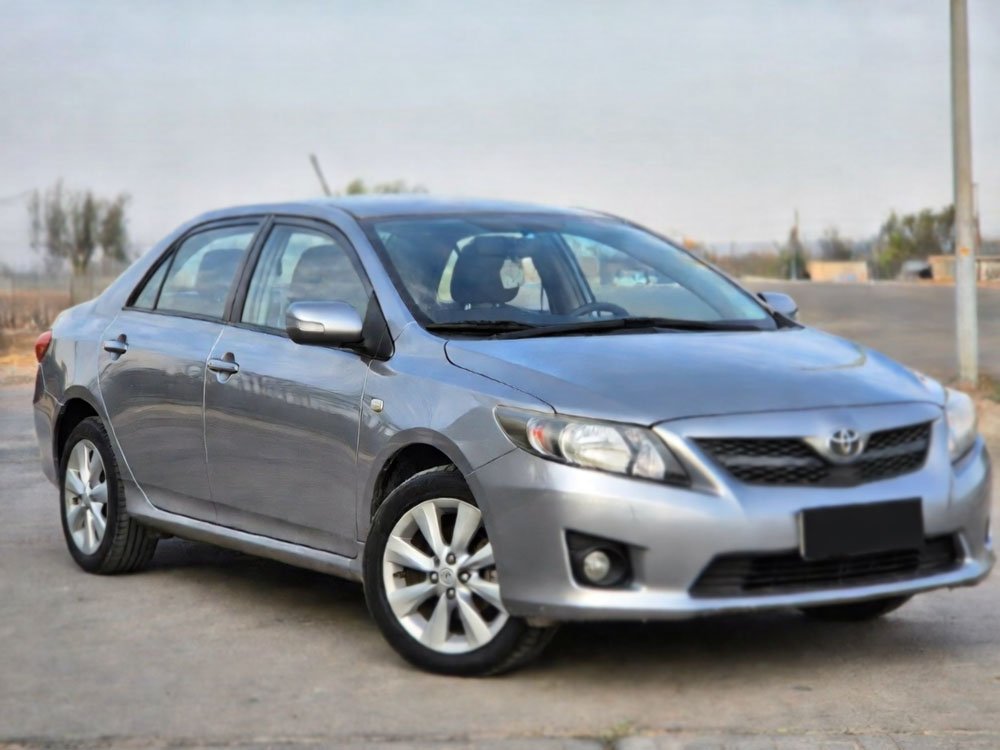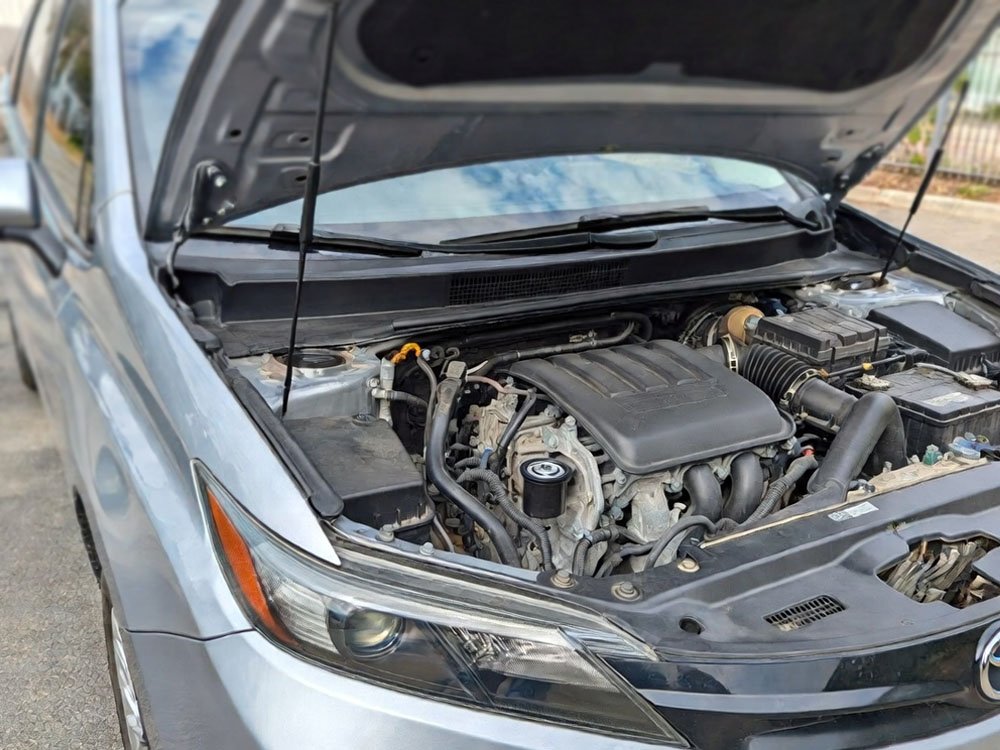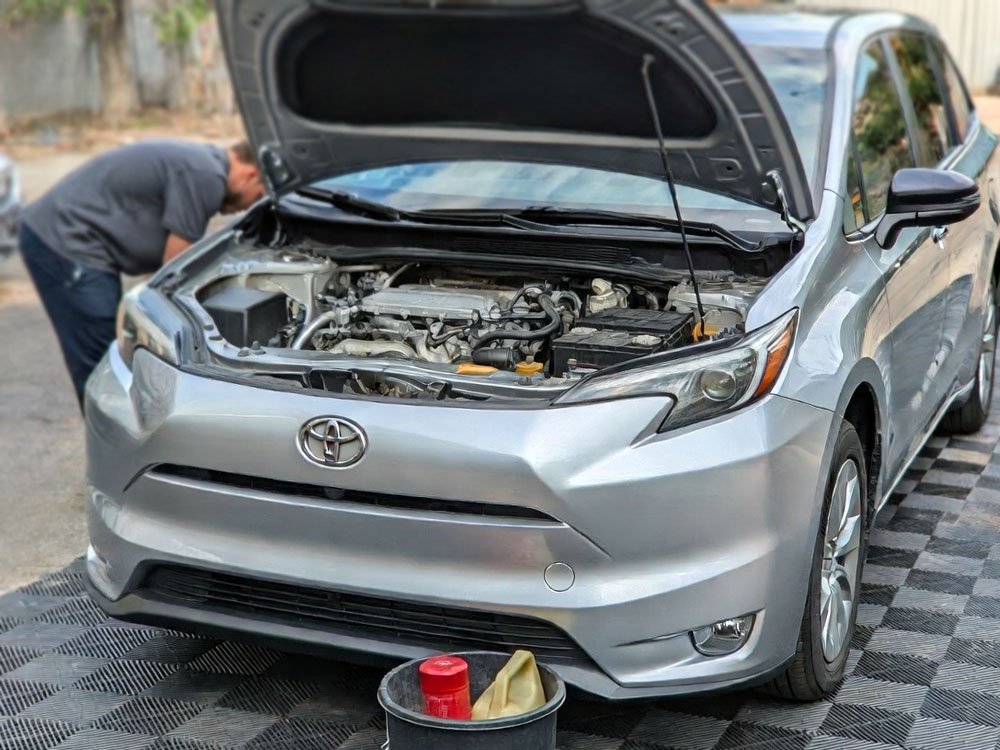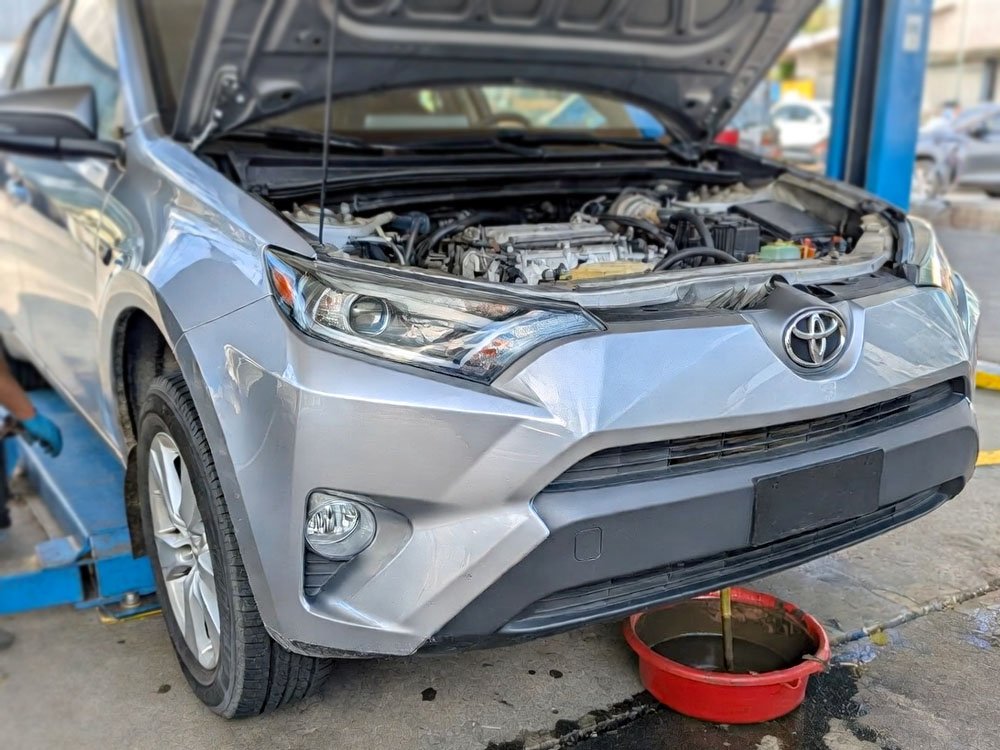As an Amazon Associate, I earn from qualifying purchases at no extra cost to you.
Car Wont Start Right After Turning Off: Troubleshooting Tips
If your car won’t start immediately after turning off, it could be a sign of a failing starter or a weak battery. This issue often indicates an electrical problem and should be diagnosed and fixed promptly by a professional mechanic.
Many factors can cause this issue, such as a faulty ignition switch, worn-out spark plugs, or a malfunctioning fuel pump. Regular maintenance checks and timely repairs can help prevent such problems, ensuring your car starts reliably. Ignoring this issue can lead to more severe and costly repairs down the line.
It’s essential to address the problem promptly to avoid being stranded due to a non-starting vehicle.

Credit: www.autozone.com
Common Reasons For Immediate Car Starting Issues
Empty Fuel Tank
If your car won’t start right after turning off, one of the most common culprits could be an empty fuel tank. Running out of fuel is an easily overlooked issue that can cause immediate starting trouble. When your car doesn’t have enough fuel, the engine won’t be able to ignite properly, leading to starting problems. To avoid this, always make sure to monitor your fuel gauge and plan regular refueling stops to prevent running out of gas unexpectedly.
Failed Starter Motor
Another possible reason for immediate car starting problems is a failed starter motor. This crucial component is responsible for initiating the engine’s operation by turning over the crankshaft. If the starter motor malfunctions, your car may not start right after turning off, or it may struggle to start at all. Signs of a failing starter motor include a clicking noise when turning the key and intermittent starting issues. In this case, it is essential to have the starter motor inspected and replaced by a qualified mechanic to restore your car’s reliable starting functionality.
Potential Electrical Problems
If your car won’t start right after turning off, it could indicate potential electrical issues, especially related to the battery and alternator. Identifying and addressing these problems promptly can prevent further breakdowns.
Faulty Battery Connections
Loose or corroded battery terminals can prevent the proper flow of electricity in your vehicle, leading to starting issues. Regularly inspect the connections and ensure they are clean and tight to avoid disruptions.
Issues With Alternator
The alternator plays a crucial role in charging the battery while the engine is running, if it malfunctions, your battery can drain quickly and cause starting problems. Have your alternator tested to rule out any issues.
Fuel System Check
The Fuel System Check is a crucial step if your car won’t start right after turning off. This check involves inspecting key components of the fuel system to identify any issues that may be causing the problem. Two common culprits that can lead to starting issues are clogged fuel filters and fuel pump problems. Let’s explore each of these in detail:
Clogged Fuel Filter
A clogged fuel filter can prevent proper fuel flow to the engine, resulting in starting difficulties. The fuel filter acts as a barrier, trapping impurities and preventing them from reaching the engine. However, over time, the filter can become clogged with dirt, debris, and contaminants. This restricts the fuel flow, leading to inadequate combustion and poor engine performance.
To check for a clogged fuel filter, follow these steps:
- Locate the fuel filter in your vehicle. Refer to the owner’s manual if you’re unsure about its location.
- Once you’ve located the fuel filter, carefully remove it.
- Inspect the filter for any signs of dirt, debris, or clogs. If the filter appears dirty or clogged, it’s time for a replacement.
- Install a new fuel filter in the correct position, ensuring it is securely fastened.
- Turn the ignition and check if the car starts smoothly. If the starting issue persists, further investigation may be needed.
Fuel Pump Problems
A fault in the fuel pump can also contribute to starting issues. The fuel pump is responsible for supplying fuel from the tank to the engine. If the pump fails or malfunctions, fuel delivery is compromised, resulting in engine stalling or failure to start.
To determine if the fuel pump is the culprit, you can perform the following steps:
- Start by turning the ignition key to the accessory position without actually starting the engine.
- Listen closely for a faint humming sound, which indicates that the fuel pump is functioning correctly. If there is no sound, the fuel pump may need to be replaced.
- If you suspect a faulty fuel pump, it’s advisable to consult a professional mechanic for a thorough inspection and proper diagnosis.
Remember, a well-maintained fuel system is essential for the smooth operation of your car. Regularly checking and maintaining the fuel filter and fuel pump can help prevent starting issues and keep your vehicle running efficiently.
Examine Ignition System
When your car won’t start right after turning off, it can be frustrating and inconvenient. One of the possible reasons for this issue is a problem with the ignition system. The ignition system plays a crucial role in starting your car’s engine, and any malfunction can prevent it from starting properly. To diagnose the problem and get your car running smoothly again, it’s essential to examine the ignition system thoroughly.
Defective Ignition Switch
A defective ignition switch could be the culprit behind your car’s starting issue. The ignition switch is responsible for connecting and disconnecting the starter motor, allowing the engine to turn over. A faulty ignition switch may fail to make a proper connection, resulting in the engine not starting. To check if the ignition switch is defective, you can perform a simple test. Turn the key to the “on” position and check if your car’s dashboard lights illuminate. If they do not, it indicates a malfunctioning ignition switch.
Faulty Spark Plugs
Faulty spark plugs are another common cause of a car’s failure to start. Spark plugs are responsible for creating the required spark that ignites the air-fuel mixture in the combustion chamber. Over time, spark plugs can wear out, become fouled, or develop carbon deposits, inhibiting their ability to create an adequate spark. If the spark plugs are faulty, your car may struggle to start or fail to start altogether. To inspect the spark plugs, you will need to remove each one and examine their condition. Look for signs of wear, carbon buildup, or damage. If any of the spark plugs appear faulty, they should be replaced.
In conclusion, when your car won’t start right after turning off, examining the ignition system is crucial. A defective ignition switch or faulty spark plugs can prevent your car’s engine from starting properly. By checking these components, you can identify and resolve the issue, ultimately getting your car back on the road.
Sensor And Computer Diagnostics
When your car fails to start immediately after being turned off, it can be frustrating and worrisome. However, this issue can often be diagnosed and resolved through sensor and computer diagnostics. By examining the malfunctioning crankshaft position sensor and the faulty engine control module, you can identify the root cause of the problem and take the necessary steps to get your car back on the road.
Malfunctioning Crankshaft Position Sensor
A malfunctioning crankshaft position sensor is a common reason why a car won’t start right after turning off. This important sensor detects the position and rotational speed of the crankshaft, which is crucial for the engine to start and run smoothly. If the sensor is faulty or damaged, it may send incorrect signals to the engine control module, preventing the car from starting immediately.
Here are some signs that indicate a malfunctioning crankshaft position sensor:
- Intermittent starting issues: Your car starts fine most of the time but occasionally struggles to start right after being turned off.
- Engine stalling: The engine may unexpectedly stall while driving, indicating a problem with the sensor.
- Check engine light: A malfunctioning crankshaft position sensor can trigger the check engine light on your dashboard, indicating a potential issue.
If you suspect a faulty crankshaft position sensor, it’s recommended to have a professional mechanic perform a diagnostic test and replace the sensor if necessary. Ignoring the issue can lead to further damage to your car’s engine.
Faulty Engine Control Module
The engine control module (ECM), also known as the powertrain control module (PCM), plays a crucial role in starting and operating your car. It receives input signals from various sensors, including the crankshaft position sensor, and controls the engine’s functions accordingly. If the ECM becomes faulty, it can cause starting issues right after the car has been turned off.
Here are some indicators of a faulty engine control module:
- Failure to start or intermittent starting issues: Your car may fail to start immediately after being turned off, or it may start inconsistently.
- Engine misfires: A faulty ECM can cause the engine to misfire or run roughly, affecting performance.
- Unresponsive throttle: If the ECM is not functioning correctly, you may experience unresponsive throttle or poor acceleration.
If you suspect that the engine control module is faulty, it’s essential to have it diagnosed by a qualified technician. They can use specialized diagnostic tools to identify the issue and determine whether the ECM needs to be repaired or replaced.
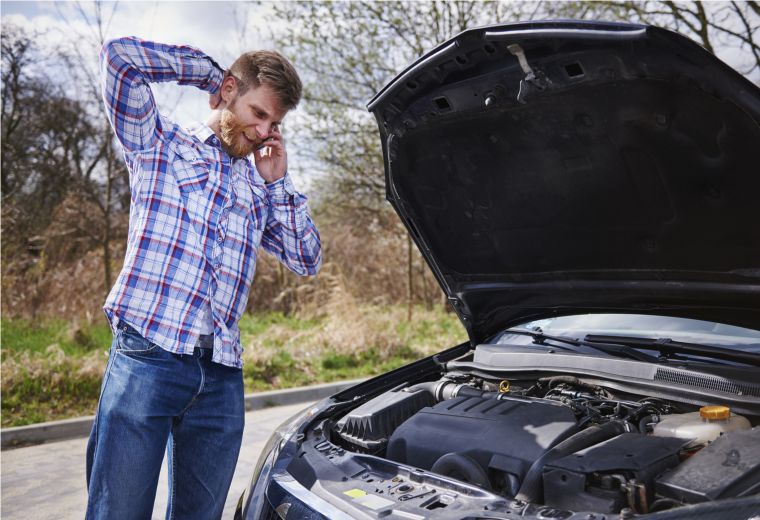
Credit: www.rac.co.uk
Cooling System Evaluation
When your car refuses to start immediately after turning it off, it can be a frustrating experience. One potential culprit for this issue is a malfunctioning cooling system. A thorough evaluation of your vehicle’s cooling system can help identify common problems that may be causing this concern.
Overheating And Vapor Lock
Overheating is a common issue that can lead to difficulties starting your car right after turning it off. The engine temperature can spike when the cooling system is unable to dissipate the heat effectively. This can result in what is known as vapor lock, where fuel in the lines evaporates, making it difficult for the engine to ignite. Addressing overheating and vapor lock is paramount in resolving this problem.
Radiator Issues
The radiator plays a crucial role in keeping the engine cool. If there are any issues with the radiator, it can impact the cooling system’s overall functionality. Some common radiator problems include leaks, clogs, and damaged fins. A thorough inspection of the radiator can help identify these issues and ensure proper coolant flow to avoid engine overheating.
| Common Radiator Issues | Causes | Solutions |
|---|---|---|
| Leaks | Damaged hoses, gaskets, or radiator body | Replace or repair the affected components |
| Clogs | Accumulated debris or mineral deposits | Flush the radiator and remove any obstructions |
| Damaged Fins | Physical damage or corrosion | Repair or replace the radiator if necessary |
By addressing any radiator issues promptly, you can prevent potential engine overheating and increase the chances of your car starting smoothly after being turned off.
Remember, a proper evaluation of your vehicle’s cooling system is essential to troubleshoot why your car won’t start right after turning it off. Addressing overheating, vapor lock, and radiator issues can help resolve this frustrating problem, ensuring your car runs smoothly. If you are not knowledgeable about cars, it is recommended to seek professional assistance to accurately diagnose and fix these cooling system problems.
Other Mechanical Considerations
When your car won’t start right after turning off, there are various mechanical considerations that could be contributing to the issue. Understanding these other potential causes can help pinpoint the problem and prevent future instances of your car not starting.
Transmission Problems
If the transmission is experiencing issues, it can have a direct impact on the ability of the engine to start. Transmission fluid leaks or worn-out transmission components can lead to a lack of proper function, resulting in the car not starting. Regular inspection and maintenance of the transmission are essential to prevent such problems.
Exhaust System Examination
Issues with the exhaust system, such as clogged catalytic converters or exhaust leaks, can interfere with the proper operation of the engine. In turn, this can cause difficulties in starting the car. It’s crucial to have the exhaust system inspected regularly to avoid potential starting issues.
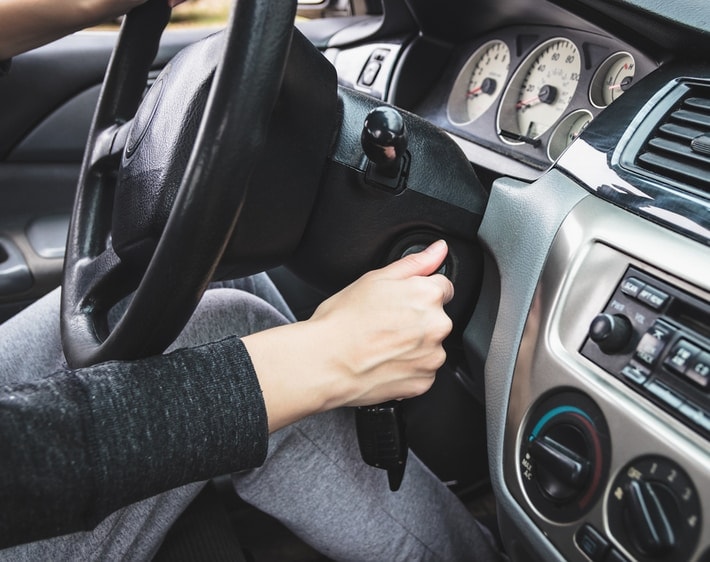
Credit: www.firestonecompleteautocare.com
Professional Assistance And Preventive Measures
Professional Assistance and Preventive Measures:
When facing issues with your car not starting immediately after turning off, hiring a mechanic can provide expert guidance and assistance. Additionally, implementing routine maintenance tips can help prevent such incidents in the future.
Consulting A Mechanic:
- Inspect engine components for wear or damage
- Test the battery and charging system
- Diagnose any potential electrical issues
Routine Maintenance Tips:
- Regularly check oil levels and change as recommended
- Ensure the battery is in good condition
- Keep the fuel system clean and replace filters
Conclusion
Having a car that won’t start right after turning off can be frustrating. Remember to check the battery, fuel system, and spark plugs for any issues. Regular maintenance and immediate troubleshooting can prevent future inconveniences. Stay proactive to ensure your vehicle’s optimal performance and reliability.



